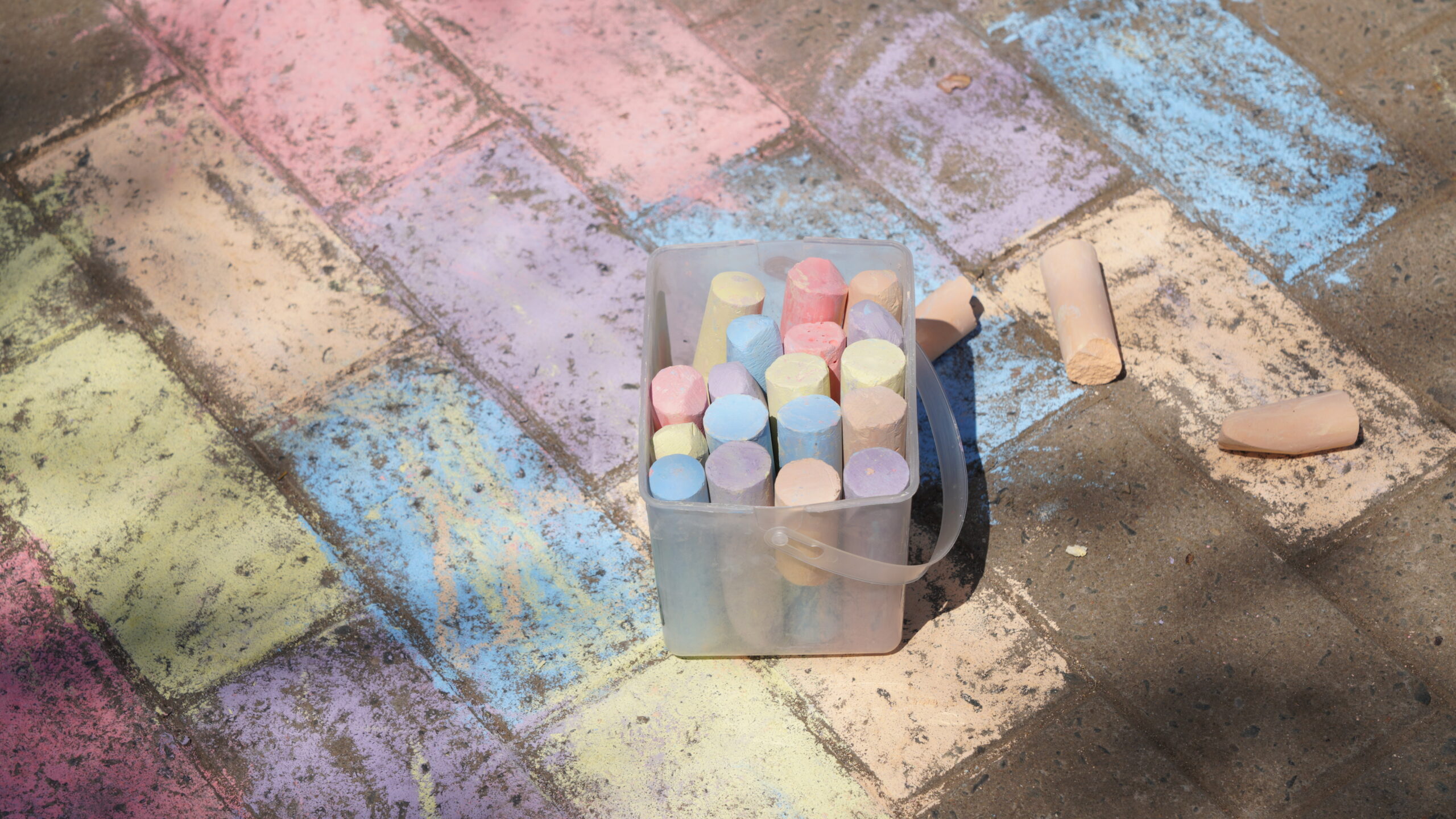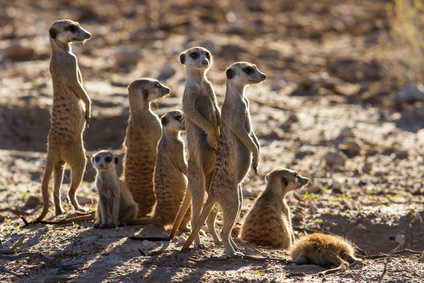I have blogged quite a bit about Pride and Prejudice for the simple reason that I happen to love Pride and Prejudice. I love the characters. I love the story. I love the writing.
However, lest I give the impression that my obsession with appreciation of Jane Austen’s writings begins and ends with Pride and Prejudice, I would like to take this opportunity to say a few things about Northanger Abbey.
For the longest time, I regarded Northanger Abbey as a throwaway Jane Austen novel, the one you could skip reading and simply watch the movie, if that. Perhaps this was because I saw the 1987 BBC movie first and found it dull, dreary, and dismal, giving one the impression that one was watching it on television set that was in the process of dying a slow, painful death, whether or not this was the case.
I couldn’t get into the story. I couldn’t get behind any of the characters. I thought the whole idea was implausible and I simply didn’t care about any of it. At all.
However, when Masterpiece Theater was rebranded as Masterpiece all of those years ago and all of the hopelessly dated 1970s and 1980s versions of Jane Austen movies (except for Pride and Prejudice) were revamped, I watched them all and, for the first time, Northanger Abbey piqued my interest. Prompting another, this time successful, attempt to read the novel.
The curious thing, however, is how much it reminded me of my middle-grade novel, Maxwell Parker, P.I.,1 in that:
- The heroines are both avid readers
- Both heroines have overly active imaginations
- Both heroines have an unnatural interest in guts, gore and gruesomeness
- Both heroines suspect someone of an atrocity and then take steps to investigate
My novel Maxwell Parker, Love Doctor, the sequel to Maxwell Parker, P.I., seems to be loosely based on Emma, another Jane Austen novel I came to late in my Jane Austen reading experience. Ironically enough, I started to/attempted to read Emma when I was about ten or eleven years old. I picked it up off the shelf at the library and opened up to the first chapter and read the first line: “Emma Woodhouse, handsome, clever and rich, with a comfortable home and happy disposition seemed to unite some of the best blessings of existence and had lived nearly twenty-one years in the world with very little to distress or vex her.”
Miss Austen, I regret to inform you that this first line did not speak to ten-year-old me. Bratty, over-privileged Emma Woodhouse did not seem like a kindred spirit and I had no desire to spend any time with her, so on the library shelf she remained, and I did not become an Austen fan until I was sixteen-years-old and met kindred spirit, Elizabeth Bennet, whose opening line I much preferred. No matter. I like the book now, although, like my heroine, Maxwell, I still find Emma to be “so annoying.”2
Just for the record, neither of my two Maxwell Parker books were intended to be reimagined Jane Austen books. Any resemblance is entirely a happy coincidence. However, I am in the process of writing a third Maxwell Parker book, and which, if any, Jane Austen book will end up inspiring it is anybody’s guess right now. As they used to say, back in the days before streaming and on-demand programming, stay tuned.
- Maxwell Parker, P.I. was published in 2014, but it was written long before I watched the 2007 version of Northanger Abbey. ↩︎
- Maxwell Parker, Love Doctor, p. 262 ↩︎




